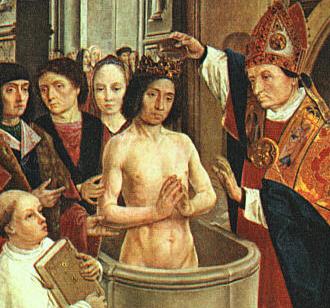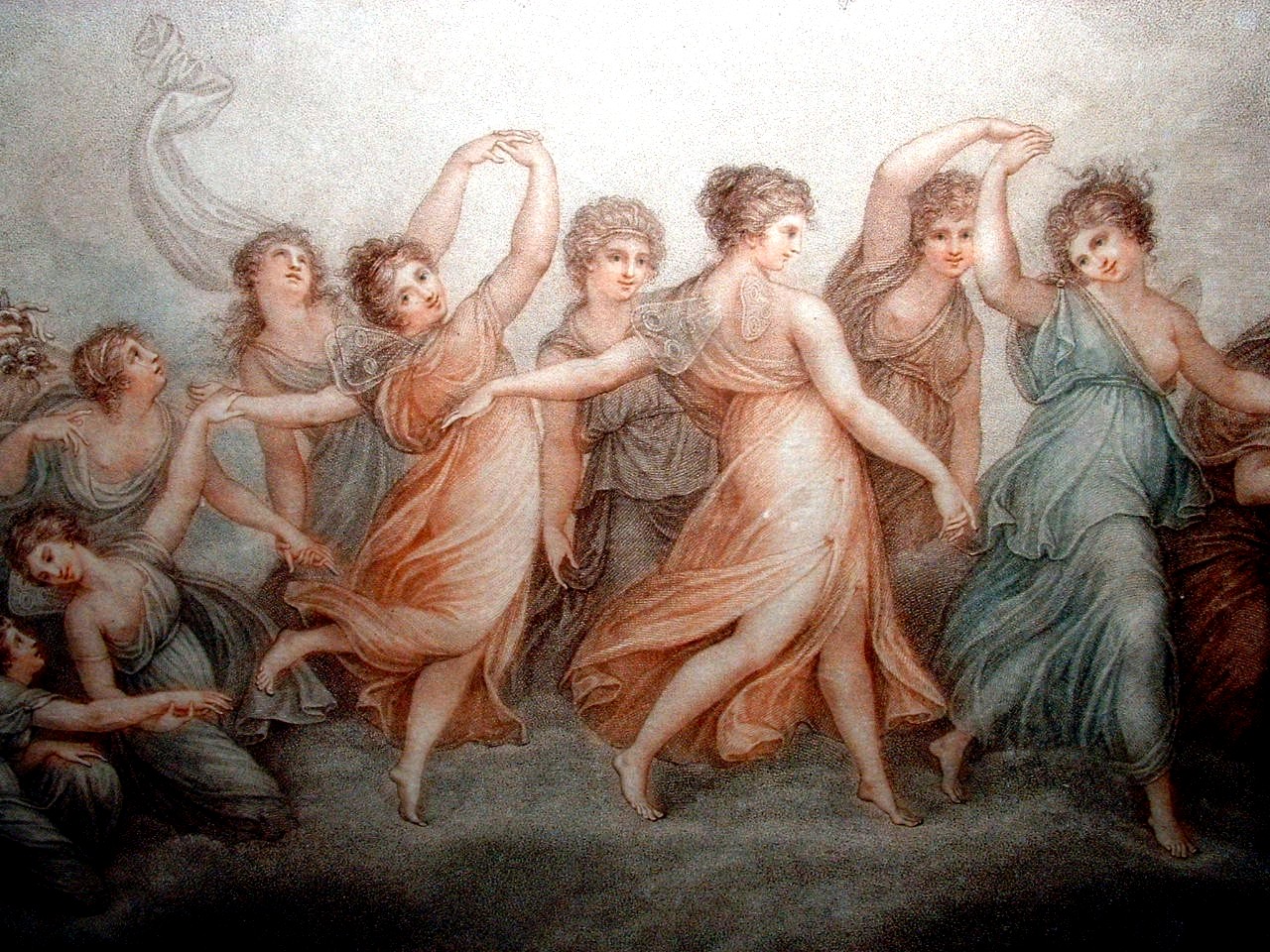|
Andrew Foulis
Andrew Foulis (171218 September 1775) was a Scottish printer, brother of Robert Foulis. They worked in partnership as printers to the University of Glasgow publishing many books in Latin and Greek. Biography Andrew Foulis was the son of a Glasgow barber and maltman (brewer), named Andrew Faulls (or Faulds). Andrew Foulis, was intended to be trained for the church, and hence received the better education than Robert Foulis, who was intending to take up his father's trade as a barber. However, Robert still sat in on classes at the University of Glasgow and received an unofficial education and a formal mentor from Francis Hutcheson. Both Andrew and Robert had changed their surname from Faulls to Foulis in the 1730s. Robert shared a passion with Andrew Foulis for knowledge and found the way for them to contribute to academia beyond a professorship; also, the professor Francis Hutcheson was the first person to encourage Robert to take up an interest in Book selling and printing. R ... [...More Info...] [...Related Items...] OR: [Wikipedia] [Google] [Baidu] |
Scottish People
Scottish people or Scots (; ) are an ethnic group and nation native to Scotland. Historically, they emerged in the Scotland in the Early Middle Ages, early Middle Ages from an amalgamation of two Celtic peoples, the Picts and Gaels, who founded the Kingdom of Scotland (or ''Kingdom of Alba, Alba'') in the 9th century. In the following two centuries, Celtic-speaking Hen Ogledd, Cumbrians of Kingdom of Strathclyde, Strathclyde and Germanic-speaking Anglo-Saxons, Angles of Northumbria became part of Scotland. In the Scotland in the High Middle Ages, High Middle Ages, during the 12th-century Davidian Revolution, small numbers of Normans, Norman nobles migrated to the Lowlands. In the 13th century, the Norse-Gaels of the Kingdom of the Isles, Western Isles became part of Scotland, followed by the Norsemen, Norse of the Northern Isles in the 15th century. In modern usage, "Scottish people" or "Scots" refers to anyone whose linguistic, cultural, family ancestral or genetic origin ... [...More Info...] [...Related Items...] OR: [Wikipedia] [Google] [Baidu] |
Dutch People
The Dutch, or Netherlanders (Dutch language, Dutch: ) are an ethnic group native to the Netherlands. They share a common ancestry and culture and speak the Dutch language. Dutch people and their descendants are found in migrant communities worldwide, notably in Argentina, Aruba, Australia, Brazil, Canada,Based on Statistics Canada, Canada 2001 Census]Linkto Canadian statistics. Caribbean Netherlands, Curaçao, Germany, Guyana, Indonesia, New Zealand, Sint Maarten, South Africa, Suriname, and the United States.According tFactfinder.census.gov The Low Countries were situated around the border of France and the Holy Roman Empire, forming a part of their respective peripheries and the various territories of which they consisted had become virtually autonomous by the 13th century. Under the Habsburgs, the Netherlands were organised into a single administrative unit, and in the 16th and 17th centuries the Northern Netherlands gained independence from Spain as the Dutch Republic. The ... [...More Info...] [...Related Items...] OR: [Wikipedia] [Google] [Baidu] |
1712 Births
In the Swedish calendar it began as a leap year starting on Monday and remained so until Thursday, February 29. By adding a second leap day, Friday, February 30, Sweden reverted to the Julian calendar and the rest of the year (from Saturday, March 1) was in sync with the Julian calendar. Sweden finally made the switch from the Julian to the Gregorian calendar in 1753. This year had 367 days. Events January–March * January 8 – Total eclipse of the sun visible from * January 12 – The premiere of the opera ''Idoménée'' by André Campra takes place at the Théâtre du Palais-Royal (rue Saint-Honoré), Théâtre du Palais-Royal in Paris. * January 16 – A military engineering school is established in Moscow which is to become the A.F. Mozhaysky Military-Space Academy. * January 26 – The Old Pummerin, a 18,161 kg bell newly installed in the Stephansdom, St. Stephen's Cathedral, Vienna, St. Stephen's Cathedral, in Vienna, is rung for the fir ... [...More Info...] [...Related Items...] OR: [Wikipedia] [Google] [Baidu] |
People Associated With The University Of Glasgow
The term "the people" refers to the public or common mass of people of a polity. As such it is a concept of human rights law, international law as well as constitutional law, particularly used for claims of popular sovereignty. In contrast, a people is any plurality of persons considered as a whole. Used in politics and law, the term "a people" refers to the collective or community of an ethnic group or nation. Concepts Legal Chapter One, Article One of the Charter of the United Nations states that "peoples" have the right to self-determination. Though the mere status as peoples and the right to self-determination, as for example in the case of Indigenous peoples (''peoples'', as in all groups of indigenous people, not merely all indigenous persons as in ''indigenous people''), does not automatically provide for independent sovereignty and therefore secession. Indeed, judge Ivor Jennings identified the inherent problems in the right of "peoples" to self-determination, as ... [...More Info...] [...Related Items...] OR: [Wikipedia] [Google] [Baidu] |
Scottish Company Founders
Scottish usually refers to something of, from, or related to Scotland, including: *Scottish Gaelic, a Celtic Goidelic language of the Indo-European language family native to Scotland *Scottish English *Scottish national identity, the Scottish identity and common culture *Scottish people, a nation and ethnic group native to Scotland * Scots language, a West Germanic language spoken in lowland Scotland * Symphony No. 3 (Mendelssohn), a symphony by Felix Mendelssohn known as ''the Scottish'' See also *Scotch (other) *Scotland (other) *Scots (other) *Scottian (other) *Schottische The schottische is a partnered country dance that apparently originated in Bohemia. It was popular in Victorian-era ballrooms as a part of the Bohemian folk-dance craze and left its traces in folk music of countries such as Argentina (Spanish ... * {{disambiguation Language and nationality disambiguation pages ca:Escocès ... [...More Info...] [...Related Items...] OR: [Wikipedia] [Google] [Baidu] |
University Of Guelph
The University of Guelph (abbreviated U of G) is a comprehensive Public university, public research university in Guelph, Ontario, Canada. It was established in 1964 after the amalgamation of Ontario Agricultural College (1874), the MacDonald Institute (1903), and the Ontario Veterinary College (1922), and has since grown to an institution of almost 30,000 students (including those at the Humber campus, Ridgetown campus, off-campus degree enrolments, diploma enrolments and part-time students) and employs 830 full-time faculty (academic staff) as of fall 2019. It offers 94 undergraduate degrees, 48 graduate programs, and 6 associate degrees in many different disciplines. The university conducts a significant degree of research and offers a wide range of undergraduate, graduate, and professional degrees. According to the ''Journal of Hospitality & Tourism Research'', the university's Hospitality and Tourism Management program has Canada's highest research index. The faculty at t ... [...More Info...] [...Related Items...] OR: [Wikipedia] [Google] [Baidu] |
Ramshorn Cemetery
The Ramshorn Cemetery is a cemetery in Scotland and one of Glasgow's older burial grounds, located within the Merchant City district, and along with its The Ramshorn, accompanying church, is owned by the University of Strathclyde. It has had various names, both official and unofficial: North West Parish Kirkyard; St David's Kirkyard; and Ramshorn and Blackfriars. The latter name tells of its link to Blackfriars Church, linking in turn to the pre-Reformation connection to the Blackfriars Monastery in Glasgow. The burial ground was used from 1719 to 1915. In the 20th century it was remodelled along the lines of the London Improvements Act, moving most stones to the perimeter to create a usable park area. Apart from some flat stones still remaining in-situ this has largely disconnected the stones to the actual spot of interment. In 1813 the body of Janet McAlister was stolen from the graveyard, being found with 4 others in College Street Medical School. In 1824 the church of St ... [...More Info...] [...Related Items...] OR: [Wikipedia] [Google] [Baidu] |
Alexander Wilson (type-maker)
Alexander Wilson (171416 October 1786) was a Scottish surgeon, type-founder, astronomer, mathematician and meteorologist. He was the first scientist to use kites in meteorological investigations. He was the first Regius Professor of Practical Astronomy at the University of Glasgow. Early life Wilson was born in St Andrews, Fife, the son of Clara Fairfoul and Patrick Wilson, the town clerk of St Andrews. He was educated at the University of St Andrews, graduating in 1733 with an MA. He was first apprenticed to a physician in St Andrews where he became skilled in constructing mercury thermometers in glass. In 1737, he left for London to make his fortune, He found work as assistant to a French surgeon-apothecary, which included caring for his patients. During this time he was introduced to Lord Isla who like Wilson was interested in astronomy, and Wilson constructed instruments for Isla during 1738. After visiting a type foundry with a friend in London, he had an idea for ma ... [...More Info...] [...Related Items...] OR: [Wikipedia] [Google] [Baidu] |
Thomas Gray
Thomas Gray (26 December 1716 – 30 July 1771) was an English poet, letter-writer, and classics, classical scholar at Cambridge University, being a fellow first of Peterhouse then of Pembroke College, Cambridge, Pembroke College. He is widely known for his ''Elegy Written in a Country Churchyard,'' published in 1751. Gray was a Self-criticism, self-critical writer who published only 13 poems in his lifetime, despite being very popular. He was even offered the position of Poet laureate, Poet Laureate in 1757 after the death of Colley Cibber, though he declined. Early life and education Thomas Gray was born in Cornhill, London. His father, Philip Gray, was a scrivener and his mother, Dorothy Antrobus, was a milliner. He was the fifth of twelve children, and the only one to survive infancy.John D. Baird, 'Gray, Thomas (1716–1771)', ''Oxford Dictionary of National Biography'' (Oxford University Press, 2004Accessed 21 February 2012/ref> An 1803 newspaper article including a biog ... [...More Info...] [...Related Items...] OR: [Wikipedia] [Google] [Baidu] |
John Milton
John Milton (9 December 1608 – 8 November 1674) was an English poet, polemicist, and civil servant. His 1667 epic poem ''Paradise Lost'' was written in blank verse and included 12 books, written in a time of immense religious flux and political upheaval. It addressed the fall of man, including the temptation of Adam and Eve by the fallen angel Satan, and God's expulsion of them from the Garden of Eden. ''Paradise Lost'' elevated Milton's reputation as one of history's greatest poets. He also served as a civil servant for the Commonwealth of England under its Council of State and later under Oliver Cromwell. Milton achieved fame and recognition during his lifetime. His celebrated '' Areopagitica'' (1644) condemning pre-publication censorship is among history's most influential and impassioned defences of freedom of speech and freedom of the press. His desire for freedom extended beyond his philosophy and was reflected in his style, which included his introduction of new words ... [...More Info...] [...Related Items...] OR: [Wikipedia] [Google] [Baidu] |






